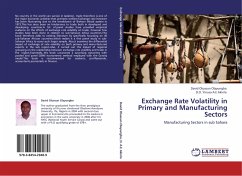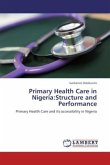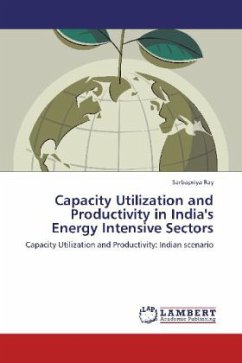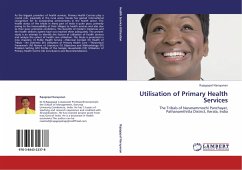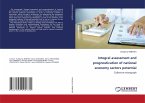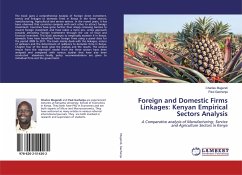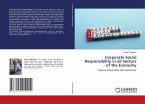No country in the world can survive in isolation, trade therefore is one of the major economic activities that promote welfare.Exchange rate however has been fluctuating due to the breakdown of Bretton Wood system in 1973.This has since been an hinderance to trade both in developed and developing countries.A lot of panel studies have provided empirical evidence on the effects of exchange rate volatility on trade, however few studies have been done in relation to sub-Saharan Africa countries.This book therefore adds to existing literature by specifically focussing on 40 sub-Saharan African countries.which makes it a first panel study in sub-Saharan Africa to cover such larger sample. Also,it examines the differential impact of exchange of rate volatility on both primary and manu-factured exports in the sub region.Also, it carried out the impact of regional grouping on the relationship between exchange rate volatility and trade in the region.Essentially, this book uncovered a surprising outcomes with pooled and panel GMM econometric method employed with the Gravity model.This book is recommended for students, proffessionals, accountants,economists in finance.
Bitte wählen Sie Ihr Anliegen aus.
Rechnungen
Retourenschein anfordern
Bestellstatus
Storno

